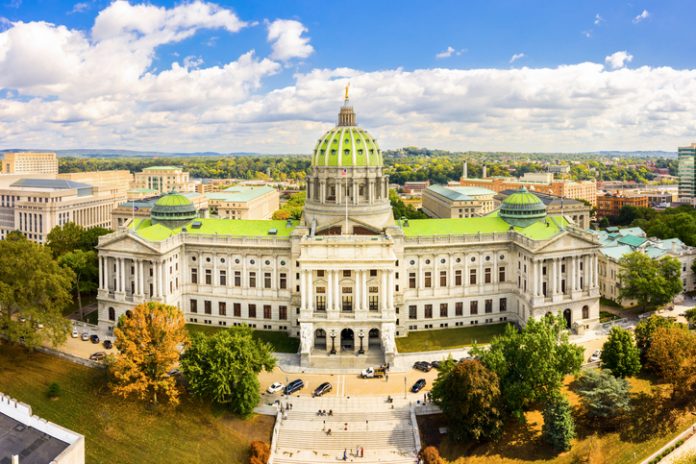Pennsylvania’s electric bills could double under a carbon tax plan known as the Regional Greenhouse Gas Initiative
Pennsylvania is experiencing historic surges in energy costs. Moreover, consumer electric bills could skyrocket even more under the controversial Regional Greenhouse Gas Initiative (RGGI) backed by progressive environmentalists.
Pennsylvanians are paying 73 percent more for electricity compared to December 2020 prices. PECO customers are seeing a 55 percent increase, while PPL customers have seen prices double in the past two years. The RGGI, currently blocked as state courts weigh legal challenges, threatens to exacerbate price hikes and make energy much more unaffordable. A Commonwealth Foundation analysis found that the hidden carbon tax regime would lead to a 114 percent hike in electricity bills.
“Despite having one of the most abundant energy supplies in the country, Pennsylvanians are being forced to choose between heating their homes and buying groceries amidst record high inflation. The hidden carbon tax in the Regional Greenhouse Gas Initiative will make that choice even harder as working families face an even steeper hike,” said Elizabeth Stelle, the director of policy analysis at the Commonwealth Foundation.
Pennsylvania is the third largest domestic exporter of energy in the country, trailing only Texas and Wyoming. Yet, counterproductive policies, like RGGI, which outgoing Gov. Tom Wolf attempted to foist on the people while ignoring staunch opposition in the legislature, hamper the Keystone State. Governor-elect Josh Shapiro has not committed to withdrawal from the scheme—which independent studies estimate would drive up costs by $800 million a year—though he has previously voiced sympathy for RGGI.
“The governor-elect must address the crisis of surging energy costs and the best step he could take is putting a stop to legislative end-arounds,” Stelle said.“We should be unleashing Pennsylvania’s energy supply to not only create jobs but ensure that struggling residents can heat their homes without financial strain.”
There are several legislative approaches that could address rising costs. They include:
- Pass a constitutional amendment to allow the legislature to disapprove regulations as a check on an agency’s power to restrict energy development in the state.
- Revoke the Alternative Energy Portfolio Standards (AEPS) Act that adds an estimated $104 million a year to consumers’ electricity bills.
- Reduce the backlog of permit applications and pass permitting transparency legislation.
- Establish a protocol for permitting facilities for the liquified natural gas (LNG) process.
- Reject counterproductive proposals that will further limit the safe development and delivery of natural gas, such as a suggested 2,500-foot setback requirement on drilling operations.
Commonwealth Foundation experts are available for comment. Please contact Stefanie Mason sbm@commonwealthfoundation.org or 414-418-5132 to schedule an interview.
Originally published by Commonwealth Foundation. Republished with permission.
For more from Budget & Tax News.
For more public policy from The Heartland Institute.


























